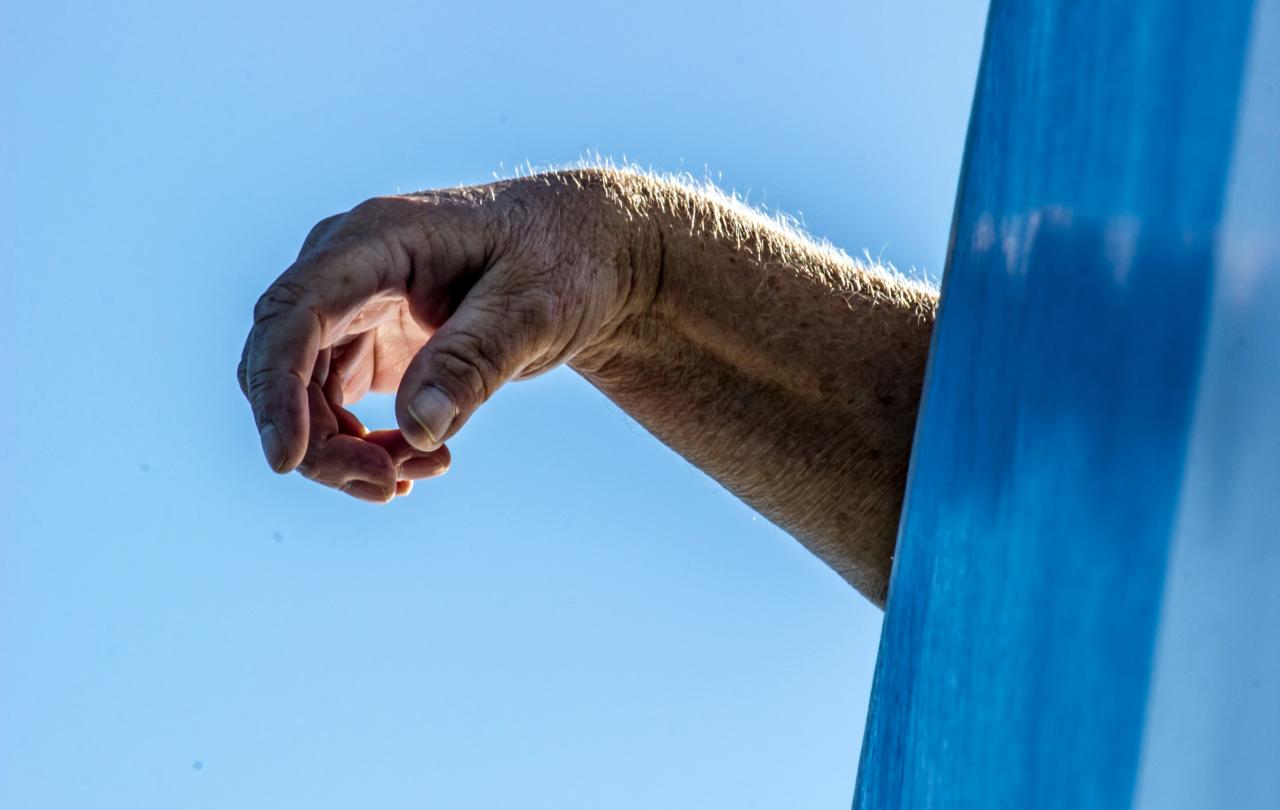
Why are we so drawn to snow? And what does it say about us that we are? The German theorist Hartmut Rosa begins his wonderfully titled book The Uncontrollability of the World with these words:
"Do you still remember the first snowfall on a late autumn or winter day, when you were a child? It was like the intrusion of a new reality. Something shy and strange that had come to visit us, falling down upon and transforming the world around us, without our having to do anything. An unexpected gift. Falling snow is perhaps the purest manifestation of uncontrollability. We cannot manufacture it, force it, or even confidently predict it."
Rosa argues that we find greatest meaning in that which remains uncontrollable, beyond our grasp. We long for snow this time of year because longing is all there is to do. Artificial snow will always disappoint. We cannot manufacture our own awe.
Rosa warns that modernity is built around "the idea, the hope and desire that we can make the world controllable." At a certain point more influence over something results in that thing being reduced to a mere instrument capable only of frustrating our desires.
I sit down to watch a film that's finally streaming. It gets a bit slow 20 minutes in. I start watching something else. I wonder if I should have seen the film in the cinema.
I catch up with the podcast of the event I decided not to go to. I speed it up as I put the washing in. I couldn't tell you what they discussed.
I turn to social media as one might turn to a snow globe. In its careful curation, all I feel is the ache for the real thing.
In each of these cases, technology has, at least on one level, given me greater control and allowed me to shape my environment in greater accordance with my desires. Rosa identifies that all desire is “driven by a longing to bring something as yet unreachable within our reach.” And yet, in each case, that which I desired—the experience of watching a great film, participation in a stimulating conversation, meaningful human connection—is jeopardised by this supposed improvement.
So, it makes sense that we are on the lookout for snow at this time of year. Something in each of us is still looking to be caught up in something beyond us.
What we think of as a drive to increase choice is often really about control. Putting it in these terms does not invalidate the drive but it should make us more alert to the cost. Greater choice for me means greater control over something or someone.
At the same time, greater control over the environment can also mean less self-control. I am a bundle of contradictory desires, and the more I am empowered and encouraged to pursue all of them, the more I am empowered to pursue none of them consistently. (I still haven't finished Inside Out 2)
The self-frustrating desire that Rosa identifies sits at the heart of so many of the most important debates from artificial intelligence to assisted dying. Control can be conflated with dignity or fulfilment. As uncontrollability is marginalised so too do we risk marginalising that which makes life worth living.
In the season of Advent, Christians remember the birth of Jesus, but its primary purpose was and is to direct our gaze to the end of the world. We might be able to sentimentalise and sanitise the Christmas story, but Advent's apocalyptic summons will always resist our desire for control. It proclaims that we are going to die, that the world will end, and that we will all be judged. You are not in control.
No matter how exhaustive and efficient we believe our control to be, Advent reveals it to be a pretence. There will always be things beyond our grip, and we spend a great deal of time distracting ourselves from them, pretending that it is otherwise.
Advent assures us that we can face this reality because we do not so alone. The God who came as a baby and was executed, experiencing the extremes of human vulnerability, is with us now. It is that God who comes at the end. It is that God whose love gives us comfort and courage.
So, it makes sense that we are on the lookout for snow at this time of year. Something in each of us is still looking to be caught up in something beyond us, something that no technology or system can organise or tame. Snow then acts as an echo of that more profound sense of vulnerability that we are each tempted to avoid. It stirs up our longing to be confronted with something genuinely awe-inspiring.
In the wildness of Advent, we find the promise of what we have longed for: a God who will come and restore all things, an uncontrollable God who comes like snow. Advent calls us to put down the manmade slush and prepare for the coming blizzard. Doing so might help us see where this new reality already intrudes.

